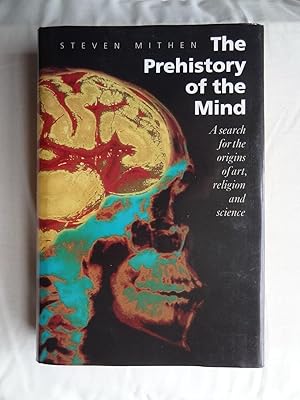This study applies the insights of archaeology to some of the most fundamental and contentious issues in human evolution. Since the 1980s a modular concept of the mind has been put forward which likens the mind to a Swiss Army knife with its collection of specialist blades and tools - the mind is seen as a collection of specialized "intelligences" or modules, each suited for a specific purpose. The study seeks to answer the questions raised by this new theory such as "How many modules are there and how do they connect?", "How can one account for human creativity and imagination?" and "How could such a mind have evolved?". It argues that only archaeology can provide the long-term perspective necessary to understand the origins of the modern mind. It shows how the world of our ancestors has shaped the modern mind and offers a challenging explanation of what it means to be human.
Award-winning science writer Steven Mithen explores how an understanding of our ancestors and their development can illuminate our brains and behaviour today
How do our minds work? When did language and religious beliefs first emerge? Why was there a cultural explosion of art and creativity with the arrival of modern humans?
This ground-breaking book brings the insight of archaeology to our understanding of the development and history of the human mind, combining them with ideas from evolutionary psychology in a brilliant and provocative synthesis.
